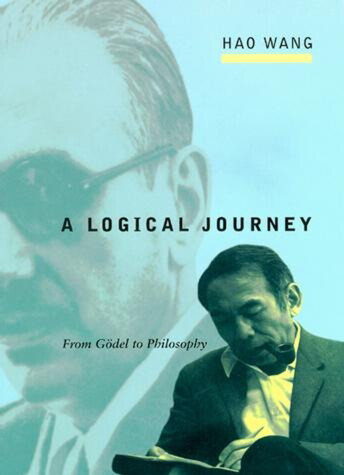MIT Press
3 total works
The impact of Gödel's theorem on twentieth-century thought is on par with that of Einstein's theory of relativity, Heisenberg's uncertainty principle, or Keynesian economics. These previously unpublished intimate and informal conversations, however, bring to light and amplify Gödel's other major contributions to logic and philosophy. They reveal that there is much more in Gödel's philosophy of mathematics than is commonly believed, and more in his philosophy than his philosophy of mathematics.
Wang writes that "it is even possible that his quite informal and loosely structured conversations with me, which I am freely using in this book, will turn out to be the fullest existing expression of the diverse components of his inadequately articulated general philosophy."
The first two chapters are devoted to Gödel's life and mental development. In the chapters that follow, Wang illustrates the quest for overarching solutions and grand unifications of knowledge and action in Gödel's written speculations on God and an afterlife. He gives the background and a chronological summary of the conversations, considers Gödel's comments on philosophies and philosophers (his support of Husserl's phenomenology and his digressions on Kant and Wittgenstein), and his attempt to demonstrate the superiority of the mind's power over brains and machines. Three chapters are tied together by what Wang perceives to be Gödel's governing ideal of philosophy: an exact theory in which mathematics and Newtonian physics serve as a model for philosophy or metaphysics. Finally, in an epilog Wang sketches his own approach to philosophy in contrast to his interpretation of Gödel's outlook.

